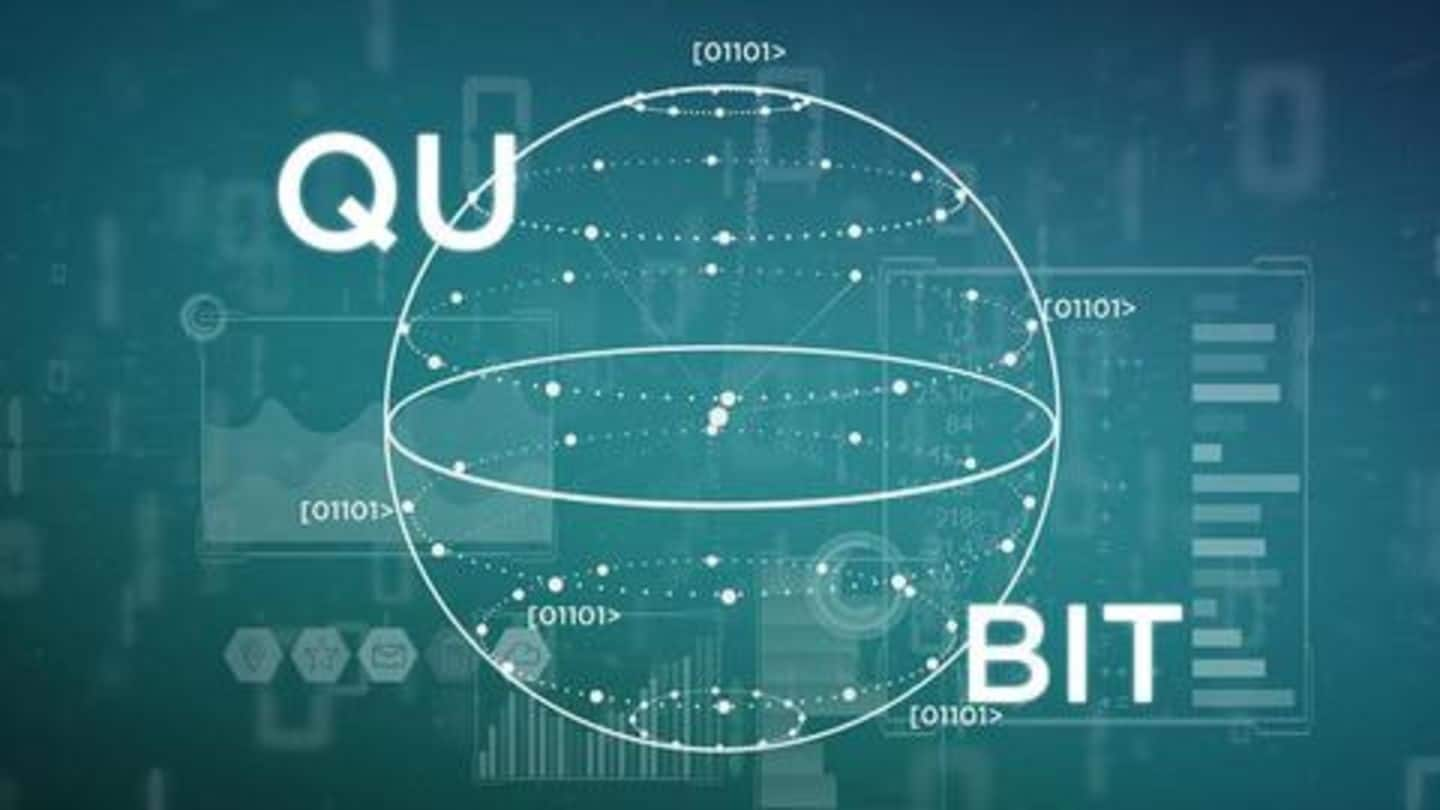
Google claims to have achieved quantum supremacy. What it means?
What's the story
In a major development, a Google researcher claimed that the tech giant has achieved 'quantum supremacy'. They had published a paper revealing the milestone, which happens to be the world's first, on a NASA website. But, according to Financial Times, that work has now been removed from the page. Here's what this means in the field of quantum computing.
Race
The race of 'quantum computing'
For years, leading tech companies, including Microsoft and IBM, have been trying to build a fully-operational quantum computer - a machine that leverages the phenomena of quantum mechanics to deliver exceptional computing power. These computers are expected to be much more efficient and faster than classical computers. And now, Google appears to have created one and achieved 'quantum supremacy' using it.
Meaning
But, what is quantum supremacy?
Quantum supremacy is the milestone of using a quantum computer to execute a calculation that a classical computer can not. Here, the publication spotted by FT made the claim of Google's quantum supremacy by noting its quantum machine takes just 3 minutes 20 seconds to perform a calculation that IBM Summit, the world's most powerful classical computer, would handle in 10,000 years.
Possibility
No official announcement from Google yet
Having said that, it is worth noting that neither Google has made a public announcement of the milestone nor there's a word on what kind of calculation its computer performed. "To our knowledge, this experiment marks the first computation that can only be performed on a quantum processor," the paper said, adding that the milestone experiment was performed on a 53-qubit processor codenamed Sycamore.
Applications
How quantum computers would be useful
While we wait for Google's confirmation, achieving quantum supremacy would be a major step forward in the overall computing segment. Essentially, the power of a machine like this could be leveraged in fields that demand evaluation of multiple possibilities in a given time. It could be employed for running complex physics, chemistry simulations or developing AI, new drugs, self-driving cars.